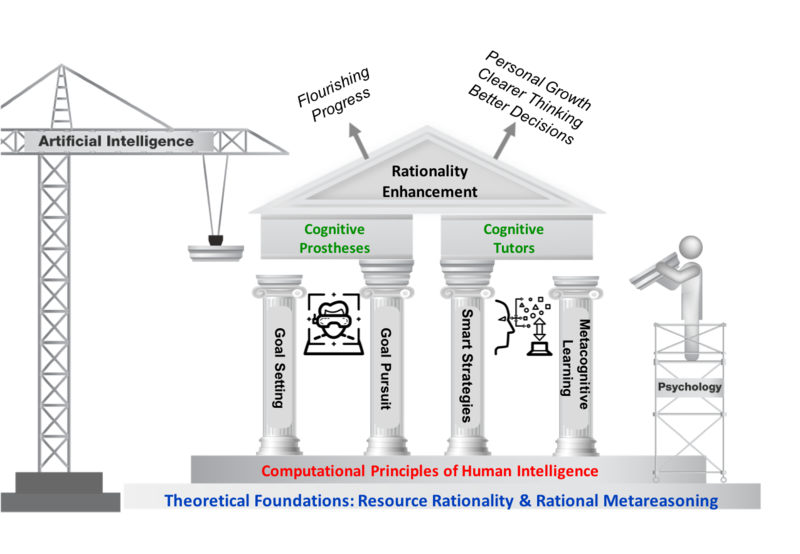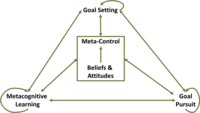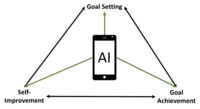
The Rationality Enhancement Group investigates the computational principles of human intelligence and develops intelligent systems that help people realize their full potential. Our diverse, interdisciplinary team combines methods from computational cognitive science, artificial intelligence, psychology, and human-computer interaction to strengthen the scientific and technological foundations for understanding, supporting, and improving the human mind.
To lay a solid foundation for this work, we have co-developed and extended the theoretical frameworks of resource rationality [ ] and rational metareasoning [ ]. To identify computational principles of human intelligence, we apply our theoretical frameworks to develop computational models of i)the cognitive mechanisms that enable people to set and achieve clever long-term goals and ii) the learning mechanisms that enable them to discover and continuously refine their algorithms. In doing so, we are reverse-engineering some of the learning algorithms that might contribute to people's general intelligence.
We take a unique approach to developing beneficial artificial intelligence in that all of our projects are grounded in computational models of human cognition. These models specify what people's goals are, what constitutes good thinking and decision-making, and why people often struggle to achieve their goals. To enable intelligent systems that help people realize their full potential, we pursue two complementary lines of research that focus on training people (intelligent cognitive tutors) and providing decision support (intelligent cognitive prostheses).
The overarching long-term aim of this research program is to help lay the scientific foundations for increasing people's capacity and motivation to make the world a better place in a way that is sustainable and conducive to their well-being. In addition to pursuing this goal through our research, we started the Life Improvement Science conference, whose first edition drew in 600 registered participants from many different countries and disciplines. To raise awareness for this emerging research field, we have also published an encyclopedia entry about Life Improvement Science [ ]. We are currently leading a broad collaborative project to identify the community's most important scientific questions.
Computational Principles of Human Intelligence
Our research on the computational principles of human intelligence strives to elucidate and reverse-engineer two of the most impressive features of the human mind: proactivity and metacognitive learning. To reverse-engineer the underlying computational mechanisms we have developed a new cogniti... Read More
Digital Companions for Goal-Setting, Goal-Achievement, and Self-Improvement
We combine insights from psychology with methods from artificial intelligence and human-computer interaction to develop digital assistants that help people translate ... Read More
- Computing Optimal Sub-Goals
- A Gamified App that Helps People Overcome Self-Limiting Beliefs by Promoting Metacognition
- Helping People Choose Their Values
- A Digital Companion That Helps People Achieve Their Goals
- Development of Measures for Goal Setting and Pursuit
- Value-Driven Hierarchical Goal-Setting
- Effective Goal-Setting
- Solve Education
- Computing Optimal Incentive Structures
- Executive Functions Training
Discovering and Teaching Effective Strategies for Planning and Decision-Making
In this project, we are developing a theoretical foundation and computational methods for discovering optimal cognitive strategies and sound principles for good... Read More
Get Involved
Here you can find more information about how to get involved in our research. If you are interested in participating in one of our experiments, feel free to sign up for one of our mailing lists: All experiment... Read More
Online Tools: Apps and More
Here is where you can find out what we have been working on and actually try it out. Read More





